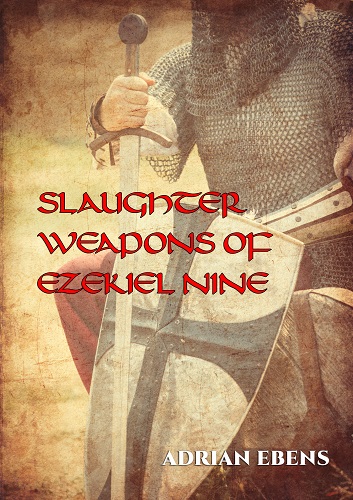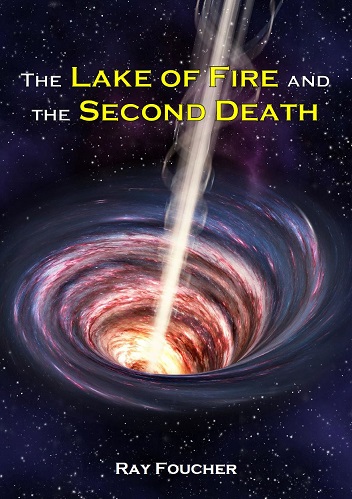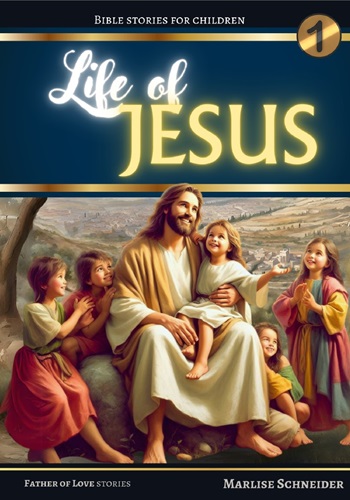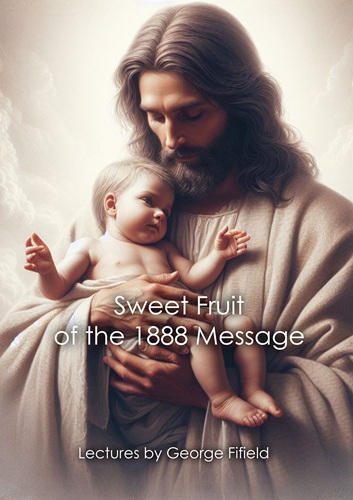Majorities cannot decide the truth - By AT Jones
Some thoughts from AT Jones on the developments at the Council of Nice
Majorities cannot decide the truth
In the unanimity of opinion attained by the council, however, the idea of inspiration from any source other than Constantine, is a myth, and even that was a vanishing quantity, because a considerable number of those who subscribed to the creed did so against their honest convictions.
Yet more than this, this theory proceeds upon the assumption that religious truth and doctrine are subject to the decision of the majority, than which nothing could possibly be farther from the truth. Even though the decision of the Council of Nicea had been absolutely, and from honest conviction, spontaneously unanimous, it never could rest with the slightest degree of obligation or authority upon any soul, who had not arrived at the same conclusion from honest conviction derived from the free exercise of his own power of thought. There is no organisation , nor tribunal, on earth that has any right to decide for anybody what is the truth upon any religious question. "The head of every man is Christ." 1Cor 11:3. "One is your Master, even Christ." - Matt 23:8. "Who are thou that judgest another man's servant? to his own master he standeth or falleth... So then everyone of us shall give account of himself to God." Rom 19:4,12.
In the quest for truth every man is free to search, to believe, and to decide for himself alone. And his assent to any form of belief or doctrine, to be true, must spring from his own personal conviction that such is the truth. "The truth itself," Neander well says, "forced on man otherwise than by its own inward power, becomes falsehood." And he who suffers anything to be so forced upon him, utters a lie against himself and against God.
The realm of thought is the realm of God. Whosoever would attempt to restrict or coerce the free exercise of the thought of another, usurps the dominion of God, and exercises that of the devil. This is what Constantine did at the Council of Nice. This is what the majority of the Council of Nice itself did. In carrying out the purpose for which it was met, this is the only thing that it could do, no matter which side of the controversy should prove victorious. What Constantine and the Council of Nice did, was to open the way and set the wicked precedent for the despotism over thought, which continued for more than fourteen hundred dreary years.
By A T Jones(excerpt taken from an article entitled - "How The Creeds Were Made" - The Oriental Watchmen - January 1901)





